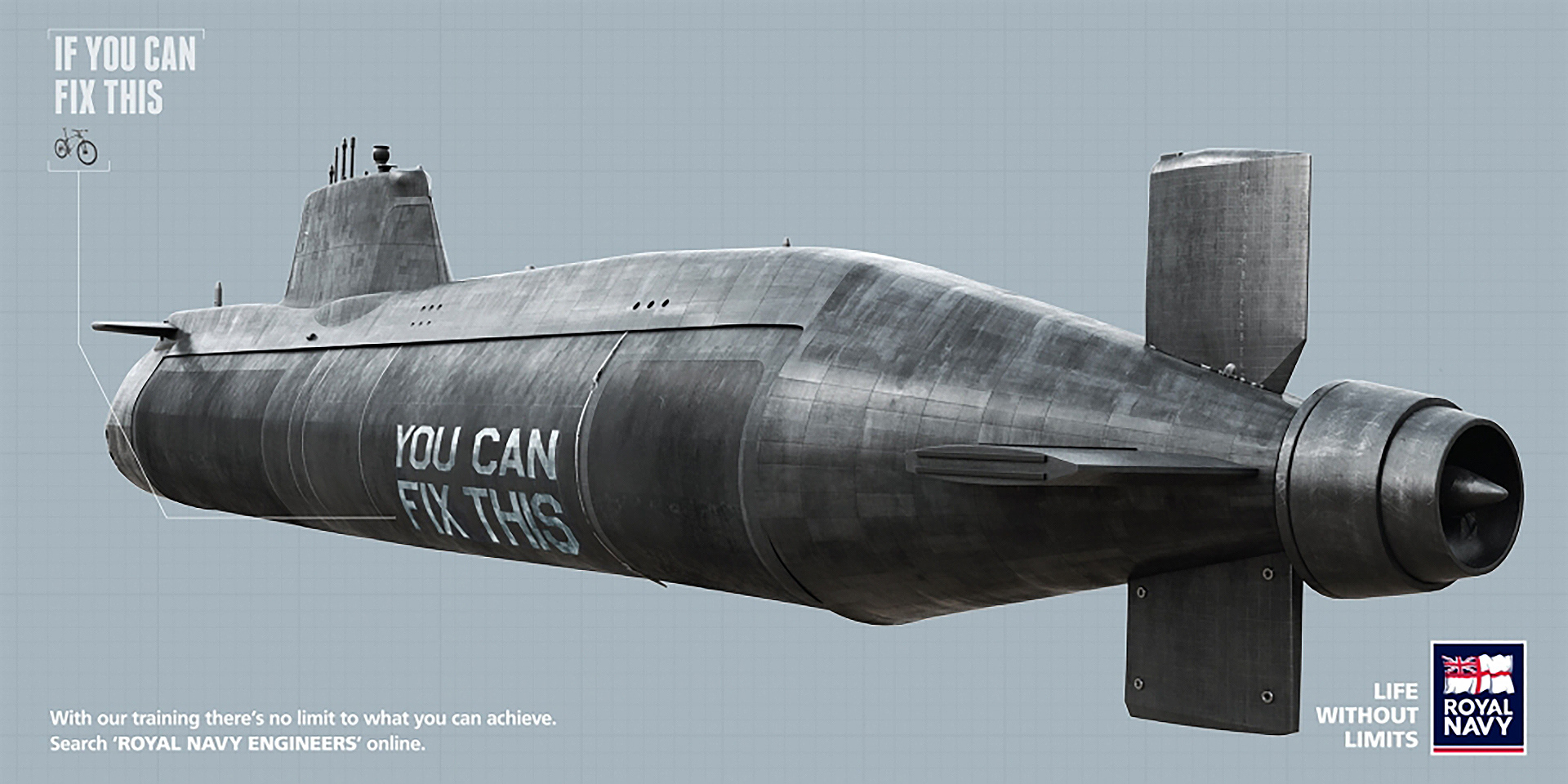Remember this old Royal Navy advert from 2014?

No? The TV ad went something like this…
“If you can fix a bike, then you can fix a car.
If you can fix an car, then you can fix a helicopter.
If you can get a History degree, then you can have a successful career in banking.”
Ok, I may have made up that last part.
But all of those points are true to some extent. The main point that this advert was trying to get across is that if you can learn to do one thing, you’ll find it much easier to learn to do something else that is similar. Now, it’s obvious that fixing a car is much harder than fixing a bike, but if we were to hold a car fixing competition between a bicycle mechanic, and an accountant – who’s your money on? The bicycle mechanic. Why is this?
Transferable skills, ofcourse!
As I have highlighted in previous blogs, transferable skills are the thought processes, competencies, and knowledge that are learnt in one task, that can be translated to a similar task. Transferable skills are a widely understood concept, and one that explains why a bicycle mechanic would be better suited to learning to fix a car than an accountant.
Of course, the navy adverts were not saying anything revolutionary here, it makes complete sense that the skills I learn in one area of my life can be transferred into a similar area of my life. Transferable skills help to explain why track athletes can often become successful field athletes, to name but one other example.
However, transferable skills are often not acknowledged as much as they should be in education and graduate employment.
“If you can get a History degree, then you can have a successful career in banking.”
Yes this quote isn’t actually in the adverts themselves, but it as just as true as the other statements. Transferable skills play an important role in the education, and graduate employment processes.
All students develop key transferable skills during their course that should open up a wide range of options to start their career in. For instance, a psychology student develops key statistical skills that could help them to flourish in a career in data, and a History student develops key analytical skills that could help them to succeed in a banking career.
However, often students are not aware of just how transferable their skills are, or how importantly many employers value transferable skills. Most of the employers who we have spoken with want to see graduates from a variety of backgrounds, but many feel that they consistently attracted graduates from similar subject backgrounds (e.g. financial services companies attract accounting and economics students).
Employers have always been looking for the graduates that they take on to have a range of transferable skills to help them to adapt to their role quickly. But with the pace of technological changes in the workplace, creating completely new roles within companies, these transferable skills have become even more vital.
This means that employers in multiple industries are not looking for the finished article. They want someone with the transferable skills which will allow them to develop the technical skills required to excel in the role. After all, with the pace of change, it is likely that many graduates will eventually end up in roles that do not yet exist!
Therefore it is more important than ever that students and graduates are aware of their skills, and how they can be transferred into different industries and different job roles.
Keep an eye out for the next blog which will look to explore the role that employers and universities play in ensuring students are aware of the importance of their skills!
*P.S. this blog was not sponsored by the Royal Navy.

